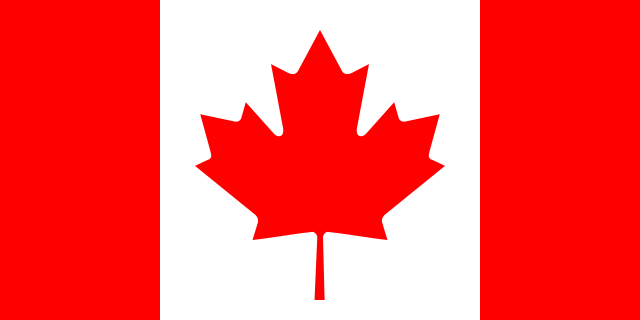
Government of Canada announces UNESCO endorsement for British Columbia Salmon Restoration and Innovation Fund project
February 21, 2024
Victoria, British Columbia – Pacific salmon hold tremendous value for natural ecosystems, cultural and spiritual practices, jobs and income, and recreational enjoyment along the coast and inland watersheds of British Columbia. The province’s coastal estuaries, where freshwater and ocean water meet, are especially vital habitat to important Pacific salmon species, providing food for young fish as well as many other aquatic and land-based animals. Through science, partnerships and action, the Government of Canada strives to protect coastal estuaries and ocean habitats that will support healthy, diverse salmon populations for generations.
Today, the Honourable Jonathan Wilkinson, Minister of Energy and Natural Resources, on behalf of the Honourable Diane Lebouthillier, Minister of Fisheries, Oceans and the Canadian Coast Guard congratulated the Nature Trust of British Columbia, after its project, Enhancing Estuary Resilience in Coastal BC, was endorsed by the United Nations Educational, Scientific and Cultural Organization (UNESCO) as an official contribution to the UN Decade of Ocean Science for Sustainable Development 2021-2030.
Enhancing Estuary Resilience in Coastal BC is a five-year project supported by the British Columbia Salmon Restoration and Innovation Fund (BCSRIF), which is co-funded by Fisheries and Oceans Canada (DFO) and the Province of British Columbia. Since 2019, DFO has provided $8,432,473 in funding to the Nature Trust of British Columbia.
Through the Pacific Salmon Strategy Initiative, DFO restoration biologists, engineers, and other experts from the Department’s Habitat Restoration Centre of Expertise have contributed significant support to several major ecological restoration projects, providing technical advice and manual labour to support the Nature Trust of British Columbia and its First Nations partners in work to restore core estuarine processes that support fish, wildlife and indigenous food systems. Efforts began even before the Enhancing Estuary Resilience in Coastal BC project was formalized, and have included project planning and design, permitting, berm removals, tidal channel reconnection, re-establishment of saltmarsh vegetation and construction monitoring for the Gwa’dzi (Quatse) River, Xwesam (Salmon) River, Snuneymuxw (Nanaimo) River, Kw’a’luxw (Englishman) River, and Cowichan River estuaries.
By bringing together partners from 12 First Nations, government, environmental organizations and academic institutions to monitor and restore these invaluable habitats, Enhancing Estuary Resilience in Coastal BC truly exemplifies the vision for the UN Decade of Ocean Science, providing “the science we need for the ocean we want.”
While in Victoria, Minister Wilkinson also highlighted the relinquishment of the final offshore oil and gas permits in Canada’s Pacific region. These represented the last oil and gas permits in the offshore in the Pacific region. With their relinquishment, there are now zero permits left for oil and gas on Canada’s west coast.
This relinquishment also fulfills a condition for First Nations under the Great Bear Sea Project Finance for Permanence (PFP) initiative. In December 2022, Prime Minister Justin Trudeau announced $800 million to support up to four Indigenous-led conservation initiatives under the PFP approach, which will bring together government and private funding to support large-scale, long-term and Indigenous-led conservation initiatives.
Through actions to relinquish offshore oil and gas permits, fulfill the Great Bear Sea PFP initiative, and support ecological restoration projects, Canada is taking a holistic approach to conservation, stewardship, and ecosystem management. With this endorsement from UNESCO, the efforts under the Enhancing Estuary Resilience in Coastal BC project are recognized for their contribution to transforming the way we do ocean science and reaching our shared goal to keep our oceans healthy.
